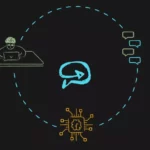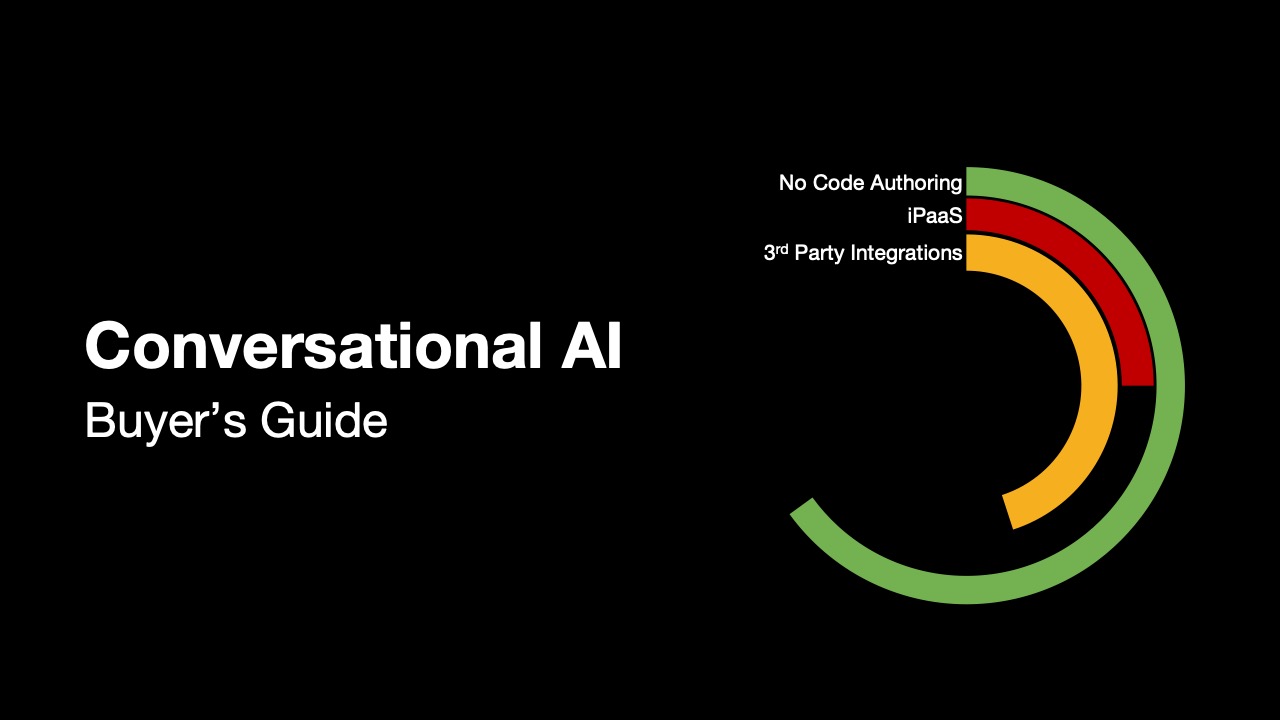
People
Business Analysts, Investment Brokers, Investment Bankers

Apps
CIM, LinkedIn, Public Data Sources
Challenge
Horatius Group is a boutique investment bank that focuses on M&A transactions with founder-owned companies across the lower middle market. The lower middle market represents companies with revenue between 10 and 150 million dollars. More than 150,000 privately held companies are in the lower middle market, and retiring baby boomers own about two-thirds of them.
The market is at an all-time low for privately held companies seeking to transfer the executive leadership to the next generation in the family. This low means the market is at an all-time high of privately-held companies willing to transfer company ownership to a third party.
The transactions are challenging because there is relatively little public data to compare valuations for these companies, and each has extremely high consequences–once in a lifetime consequences. In the public markets, especially for companies listed on the S&P 500, data has been democratized via free sites that include analyst coverage from the largest financial institutions in the world. However, control transactions are less frequent in private markets, and specifics are hard to find, creating asymmetries between buyers and sellers.
The challenge is to find which of the 150,000 companies looking to transfer are the right fit. There isn’t enough time to evaluate all companies based on specific buyer criteria with the few resources and data sources available.
Solution
Horatius Group uses Krista to automatically ingest and structure data for AI to help the firm narrow the list of available companies. On the buy-side, Horatius uses Krista Document Understanding to read and ingest attributes from a Confidential Information Memorandum (CIM). A CIM is a 50+ page document used in the sell-side M&A process at investment banks. It outlines the products, services, market, management team, and projections for the companies being acquired. Typically, these documents require a business analyst days to read and validate the data. With Krista, Horatius can review and cull a CIM in minutes to quickly eliminate companies that don’t fit prospective buyers’ criteria. The speed enables Horatius to evaluate ten times the number of CIMs with the same resources.
On the sell-side of M&A, Horatius is using Krista to evaluate companies in its target markets. The firm can’t call all 150,000 companies, so it uses Krista AI to collect and correlate data to find meaningful connections between companies, the firm, and prospective buyers.
“We are using AI to help evaluate the 150,000 companies that span our focus sectors. Krista and its chief data officer have unique experience using machine learning and artificial intelligence with limited data sets on low volume, high consequence transactions. Using technology and ML to find intelligence is the next frontier in the space. Years from now, everyone will be doing this. Today, other banks still use teams of MBAs to populate spreadsheets with information that they source manually,” states Bill Birdzell, Managing Director, Horatius Group.
The automated process helps it understand which companies to pursue, which companies to work with, and how much a buyer should pay to optimize the outcomes. Mr. Birdzell sums up the process with three simple questions,
“We use Krista to help us understand; who do I call?” Who do I call back? How much do I pay?”
Krista automates and simplifies a normally mundane process of validating CIMs and connections at potential companies to save hundreds of hours and to maximize time.
Benefits
Krista is saving Horatius Group hundreds of labor hours with automation. Typically an analyst takes 10-40 hours to review and validate a CIM. With Krista, this has been reduced to less than an hour. The same analyst can review ten times the number of CIMs. Additionally, using Krista’s artificial intelligence on limited data sets for low volume, high consequence transactions helps the firm maximize returns for the businesses it represents.
“Krista will enable us to scale, find the right opportunities, and help us to increase and maintain higher margins. We are going to be able to do more deals than before with less overhead. Krista will enable our decentralized workforce to successfully compete with more prominent investment banks that have lower costs of capital and larger teams. We are small, so using technology like Krista levels the playing field so that we can deliver the best value to our clients, the companies, and their families,” states Mr. Birdzell.


